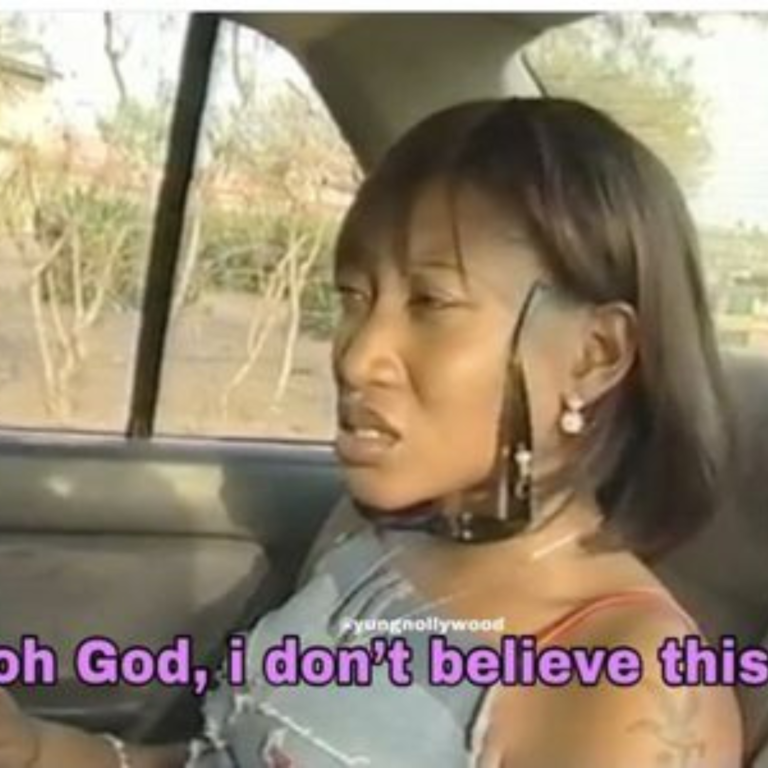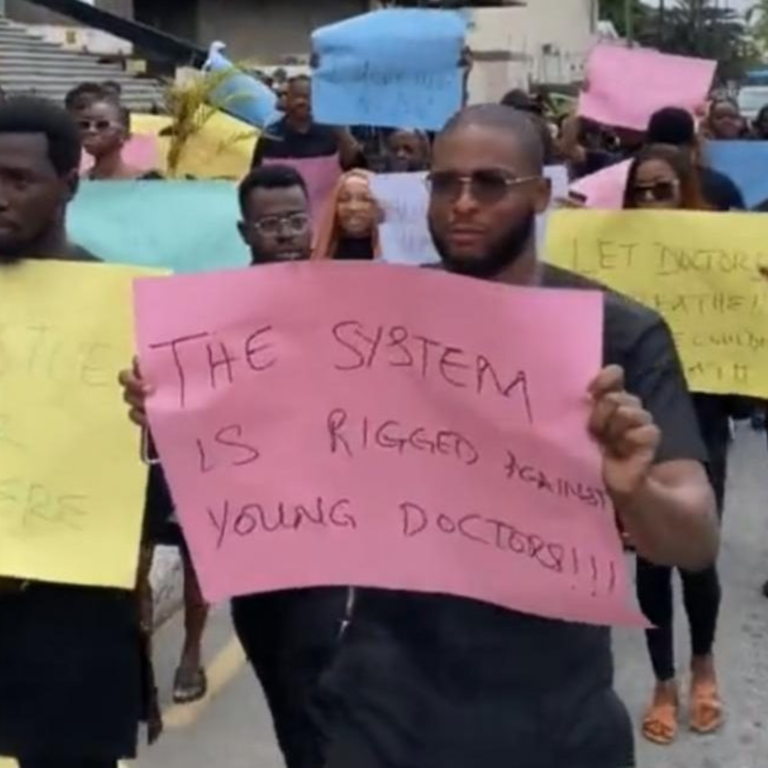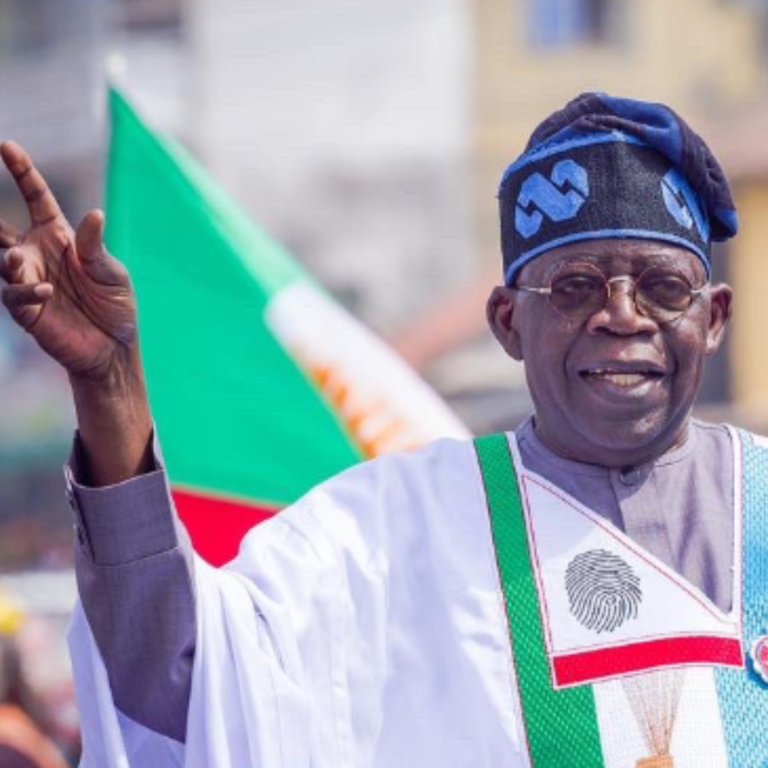In the wee hours of March 1, 2023, Bola Ahmed Tinubu, the All Progressives Congress (APC) presidential candidate, was declared the winner of the presidential elections. Since the news broke, many people have started looking for ways to japa with only ₦10k, and others are preparing themselves for a life in the BAT army, eating garri,ewa and agbado for the rest of their lives.
For many Gen-Zs, myself included, much of what we know about Tinubu are stories passed down to us by our parents. Although we can hardly remember his time as governor, during his campaigns, we’ve heard him claim to be responsible for “building” Lagos into what it is right now. So, maybe it’s time for us to look at who our president-elect is.
There’s a lot of drama around where exactly Tinubu’s from. Some say he’s from Lagos, while others claim to know his family house in Iragbiji, Osun state. And I can’t say much about his age because while he identifies as a 70-year-old, his daughter, the Iyaloja of Lagos, is 60, so the math isn’t really math-ing there.
But because I like to mind the business that pays me, let’s instead look at his accomplishments while in government and his plans for us.
Bola Tinubu’s the 12th governor of Lagos state from 1999-2007. As governor, he introduced a free healthcare policy for children under 18 and adults above 65. Also, the Under Blindness Prevention program was launched, where millions of Lagosians were given free eye surgeries and glasses, saving them from sight problems.
The Lagos state government also set up clinics to combat polio by immunising children.
His government also paid close attention to the education sector. A free education programme was launched, which also fully sponsored WAEC AND NECO registration for all students in Lagos public schools. He also initiated the Lagos state spelling bee competition, now an annual competition where the winner gets cash prizes and a chance to be the One-Day Governor.
And as many of us might have heard repeatedly, in Tinubu’s government, Lagos was able to significantly increase its Internally Generated Revenue. Tinubu plans to recreate what he did in Lagos across the entire country, hopefully minus the thugs, traffic and unreasonable high living costs.
In October 2022, he released an 80-page manifesto, and some of his plans are:
- Police officers will no longer act as bodyguards for the elites.
- He will continue in Buhari’s footsteps to discourage importation and support local production.
- A commodity board to control the price of staple crops in the interest of farmers will be established.
- A Creative Industry Advisory Team will be created to provide a more conducive environment for content creators, although, given the APC’S history, this might end in another social media regulation.
- 35 per cent of government positions will be allocated to women, but I can’t help but wonder if the idea of a 50-50 government between both genders scares them.
- To tackle our high inflation rate, they will study it a bit longer.
Looking at some of Tinubu’s accomplishments and plans, it might serve as a reassurance that maybe the next four years won’t be so bad, but it still isn’t easy to get past the allegations, controversies and questions that have surrounded him for years.

For one, there’s the ever-present claim that he’s heavily involved in drug trafficking and money laundering. Some even say he receives commissions from Lagos’ taxes and the toll gate fare. There was also a frenzy on social media about how he falsified his academic records from Chicago State University. Another issue many people have with him is how he plays the “Godfather” role, particularly in Lagos state.
Many Nigerians still hold on to the hope that something might still happen to change the outcome of the recently concluded elections. But if nothing does and Bola Tinubu gets successfully sworn into office on May 29, 2023, not many people will hold their breath to see what his administration brings. And maybe that would be best. After all, as we’ve seen repeatedly with Nigeria, it’s the hope that kills.




